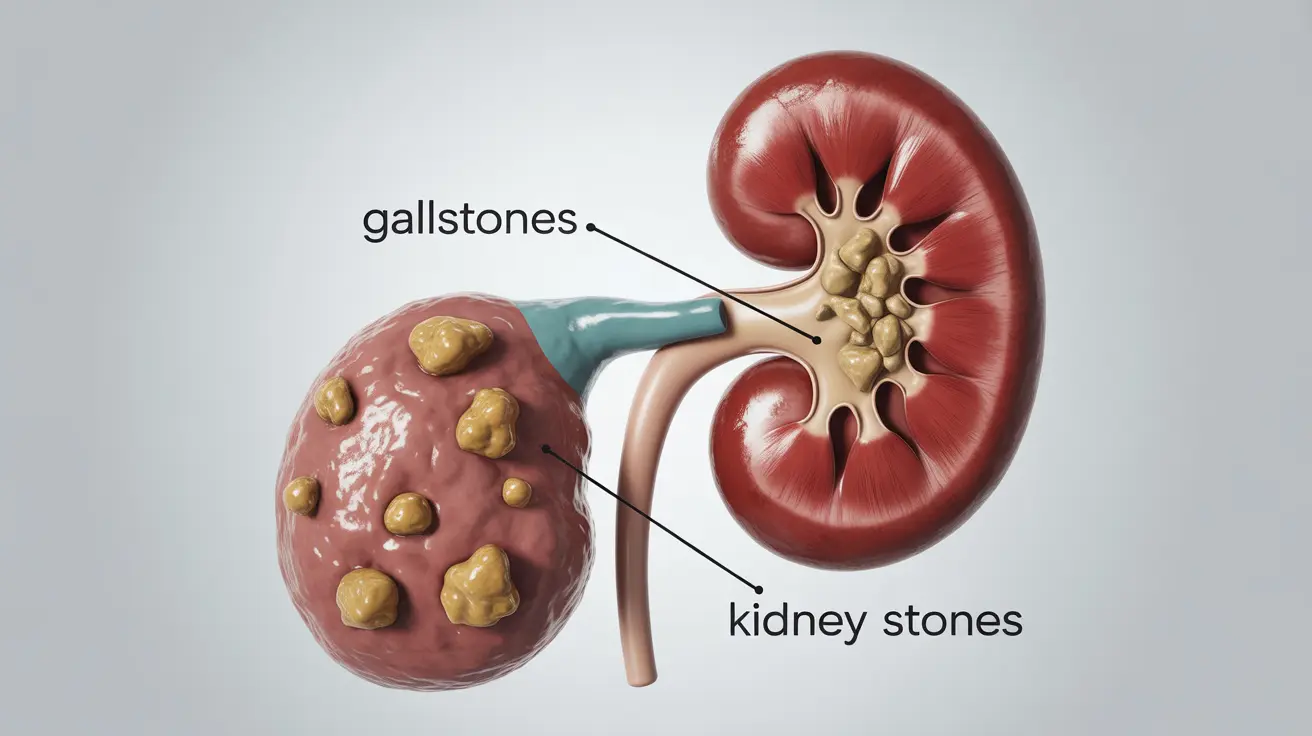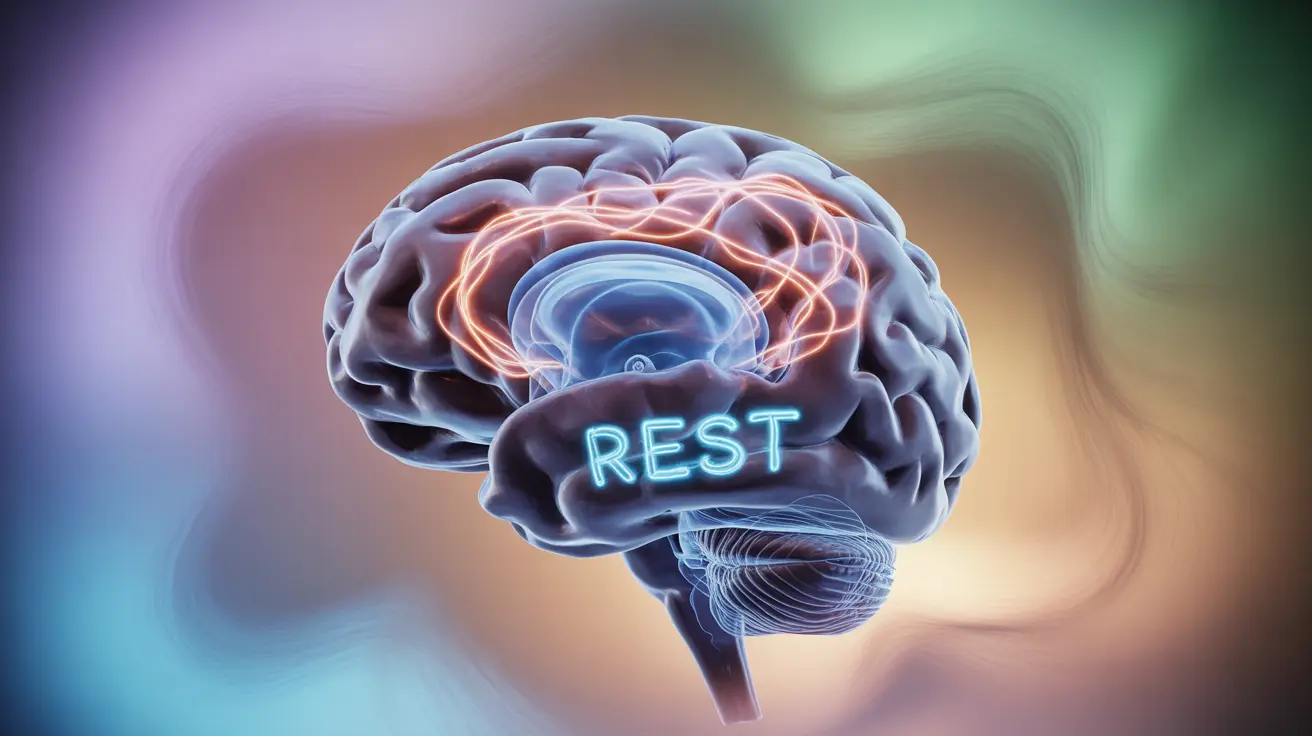In today's digital age, the internet has become an integral part of our daily lives. While it offers numerous benefits, excessive internet use can lead to a serious condition known as internet addiction. This article explores the causes of internet addiction, its impact on mental health, and effective strategies for managing and preventing this modern-day challenge.
Internet addiction is a behavioral disorder characterized by excessive or compulsive internet use that interferes with daily life. As we delve into this topic, we'll examine the underlying factors that contribute to its development and provide insights on how to maintain a healthy relationship with technology.
The Root Causes of Internet Addiction
Understanding the causes of internet addiction is crucial for identifying and addressing this issue. Several factors contribute to the development of this behavioral addiction:
Psychological Factors
Many individuals turn to the internet as a coping mechanism for underlying psychological issues such as depression, anxiety, or low self-esteem. The online world can provide a temporary escape from these feelings, leading to excessive use.
Social Isolation and Loneliness
For those experiencing social difficulties in the real world, the internet offers a sense of connection and community. This can be particularly appealing to individuals who struggle with face-to-face interactions or feel isolated in their daily lives.
Dopamine Release and Reward Systems
Internet use, especially activities like gaming or social media, can trigger the release of dopamine in the brain. This neurotransmitter is associated with pleasure and reward, creating a cycle of reinforcement that encourages continued use.
Accessibility and Convenience
The widespread availability of high-speed internet and mobile devices makes it easier than ever to stay connected. This constant access can blur the lines between necessary use and addiction.
The Impact of Internet Addiction on Mental Health
Internet addiction can have significant consequences for mental health, particularly for individuals with pre-existing conditions:
Exacerbation of Anxiety and Depression
Excessive internet use can worsen symptoms of anxiety and depression. The constant need for online validation and the fear of missing out (FOMO) can increase stress levels and negative thought patterns.
Social Isolation and Relationship Problems
While the internet can provide a sense of connection, it can also lead to neglect of real-world relationships. This can result in increased feelings of loneliness and social isolation over time.
Sleep Disturbances
Late-night internet use can disrupt sleep patterns, leading to insomnia or poor sleep quality. This, in turn, can negatively impact overall mental health and cognitive function.
Strategies for Managing Internet Addiction
If you or someone you know is struggling with internet addiction, consider these effective management strategies:
Set Boundaries and Limits
Establish clear rules for internet use, such as designated "offline" times or limiting use to specific areas of the home. Use apps or browser extensions that can help monitor and restrict usage.
Practice Mindful Internet Use
Be intentional about your online activities. Before logging on, ask yourself what you hope to accomplish and set a time limit for your session.
Engage in Offline Activities
Rediscover hobbies and interests that don't involve screens. Physical exercise, reading, or spending time in nature can provide healthy alternatives to internet use.
Seek Professional Help
If internet addiction is significantly impacting your life, consider seeking help from a mental health professional. Cognitive-behavioral therapy (CBT) has shown to be effective in treating internet addiction.
Preventing Internet Addiction
Prevention is key in maintaining a healthy relationship with technology. Consider these lifestyle changes to reduce the risk of developing internet addiction:
Cultivate Real-World Connections
Prioritize face-to-face interactions and strengthen your offline social network. This can help reduce the reliance on online connections for social fulfillment.
Develop a Balanced Routine
Create a daily schedule that includes a mix of work, leisure, physical activity, and social interactions. This can help prevent the internet from becoming the primary focus of your day.
Practice Digital Detoxes
Regularly schedule periods of time where you disconnect from the internet entirely. This can help reset your relationship with technology and reduce dependency.
Frequently Asked Questions
What are the primary causes of internet addiction, and how can it be identified?
The primary causes of internet addiction include psychological factors (such as depression or anxiety), social isolation, the dopamine release associated with online activities, and the widespread accessibility of the internet. It can be identified by signs such as losing track of time online, neglecting real-world responsibilities, feeling anxious when unable to access the internet, and experiencing negative impacts on relationships or work/school performance.
How does internet addiction affect mental health, particularly in individuals with existing conditions like anxiety or depression?
Internet addiction can exacerbate existing mental health conditions like anxiety and depression. It may increase feelings of isolation, worsen sleep patterns, and intensify stress levels. For individuals with anxiety, the constant need to check social media or emails can heighten feelings of unease. Those with depression may find temporary relief online but ultimately experience deeper feelings of loneliness and disconnection from real-world interactions.
What are some effective strategies for managing internet addiction, and when should professional help be sought?
Effective strategies include setting clear boundaries for internet use, practicing mindful online behavior, engaging in offline activities, and using technology to monitor and limit usage. Professional help should be sought when internet addiction significantly interferes with daily life, relationships, work, or school, or when self-management strategies prove ineffective. A mental health professional can provide targeted therapies like cognitive-behavioral therapy to address the underlying issues.
Can internet addiction be prevented, and what lifestyle changes can help reduce its risk?
Internet addiction can be prevented through proactive measures. Lifestyle changes that can help include cultivating strong real-world relationships, developing a balanced daily routine that includes offline activities, practicing regular digital detoxes, and setting healthy boundaries with technology use from an early age. Educating oneself about the potential risks of excessive internet use and maintaining awareness of personal online habits are also crucial preventive steps.
How does dopamine release contribute to the development of internet addiction, and what role does escapism play in this process?
Dopamine, a neurotransmitter associated with pleasure and reward, is released during enjoyable online activities such as gaming or social media use. This creates a reinforcement cycle, encouraging repeated engagement with these activities. Escapism plays a significant role as individuals may turn to the internet to avoid real-world problems or negative emotions. The combination of dopamine-driven reward and the escape from reality can create a powerful addictive cycle, making it difficult for individuals to reduce their internet use even when they recognize its negative impacts.




